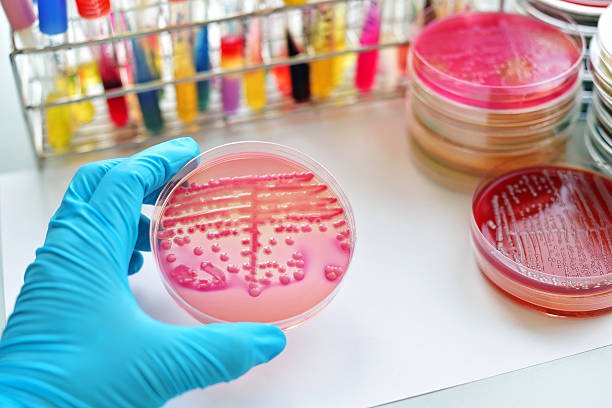GARDP supports Bugwork's broad-spectrum antibiotic compound development with upto $20 M funding
July 27, 2023 | Thursday | News
Serious bacterial infections occurring in hospitals and other healthcare settings often lead to sepsis and death without prompt and effective treatment
image credit- shutterstock
The Global Antibiotic Research & Development Partnership (GARDP) is joining forces with Bengaluru-based startup Bugworks Research Inc. to accelerate the development of a new broad-spectrum antibiotic compound aimed at treating serious infections caused by multidrug-resistant bacteria.
The compound being developed by Bugworks, BWC0977, is aimed at treating patients with serious bacterial infections in both critical care and community settings.
BWC0977 has the potential to treat infections that are becoming progressively difficult to treat due to the increase of antimicrobial resistance (AMR) in pathogens, such as Acinetobacter baumannii and Klebsiella pneumoniae.
This asset has been supported by CARB-X since 2017, through optimisation and preclinical development and into first-in-human clinical studies.
GARDP and Bugworks have signed a term sheet to initiate this collaboration, with the goal of formalising it through a collaboration agreement by end of the year.
According to the term sheet, GARDP would provide resources and funding for up to $20 million to ensure a robust development programme for BWC0977. It would work with Bugworks to advance BWC0977 through Phase II and Phase III studies, and support its pharmaceutical development. The funds would be disbursed based on the achievement of key milestones aligned with development steps and GARDP’s public health objectives.
As part of the intended collaboration, GARDP would work with Bugworks on a development and commercialization project for the compound, whereby Bugworks would launch it in the European Union, US, Japan, China, directly or through sublicensees, and GARDP would obtain manufacturing rights and commercialization rights in a total of 148 countries, including nearly all low and middle-income countries.
One of the priorities for Bugworks and GARDP is to work closely to ensure rapid access and appropriate use of this compound, once approved, in India and South Africa, and in other high-burden countries where BWC0977 could have a significant public health impact.









